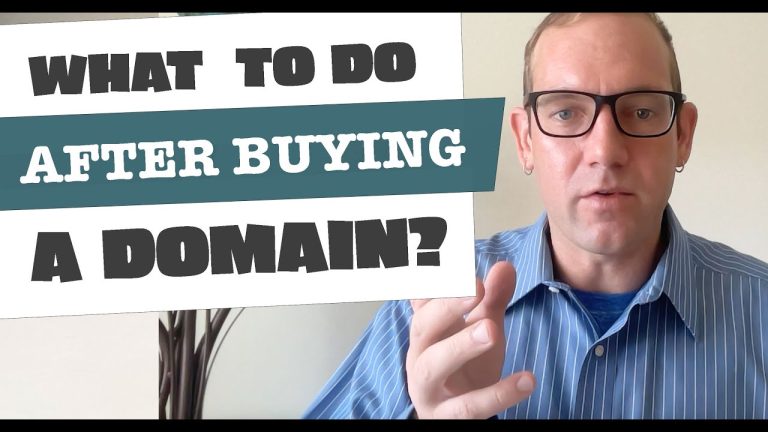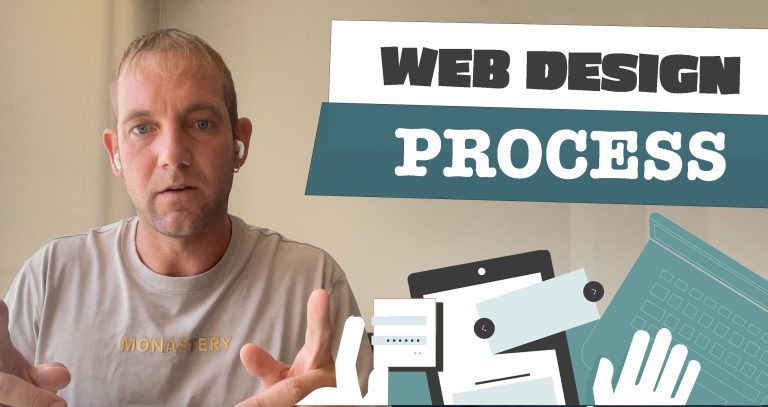
Do you ever wonder why your internet speed sometimes inexplicably slows? It may be that your ISP is red flagging you as a broadband hog and is intentionally limiting your transmission speed. Known as a bandwidth cap, the practice is employed by a number of ISP’s when a channel intended to be shared by many users becomes overloaded by a small number of users. Also referred to as a “Fair Access Policy”, the practice serves to conserve bandwidth transmission that is being consumed by even a single heavy user through activities such as file sharing, listening to internet radio or participating in streaming video.
From the ISP’s perspective, the amount of data that can funnel through a particular network is finite, much like water running through a pipe. The diameter of the pipe determines the speed and volume with which the water can flow through it. The ISP’s control what is referred to as the “last mile” of the network. This enables the ISP slow the flow of information that is either entering or leaving that IP address. Sometimes, this is achieved through the modem. Another approach used by ISP’s to cap the amount of broadband used. This is called “bursting” and in this scenario, the ISP administrator establishes a” peak time limit”, a “lower sustained limit” and a “credit limit.” Each of these tactics serves to either debit your account for overuse or credit your account for conserving your bytes.
Here is a rundown on the some major ISP’s and their policy on broadband caps.:
- Comcast – cap at 300 GB/mo. Comcast suspended the cap on May 12th, It is working on a plan to charge a fee of $10 to allowing you to 50 more GB
- ART – Cap at 250 GB or 150 GB/mo. Charge customers $10 for an additional 50GB
- CenturyLink – Contracts for 1.5 Mbp have a 150GB cap, for speeds greater than 1.5 Mbp cap off at 250 GB.
- Cox – no caps
When investigating an ISP, inquire about their CAP policy before agreeing to a contract. At least they’ll respect you for knowing what it is.





















